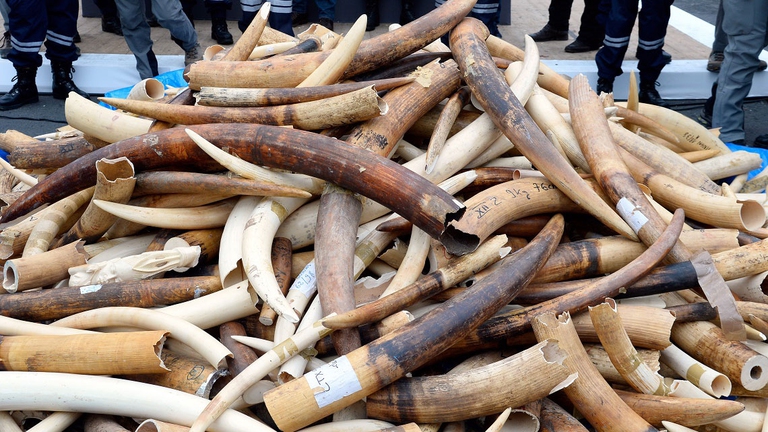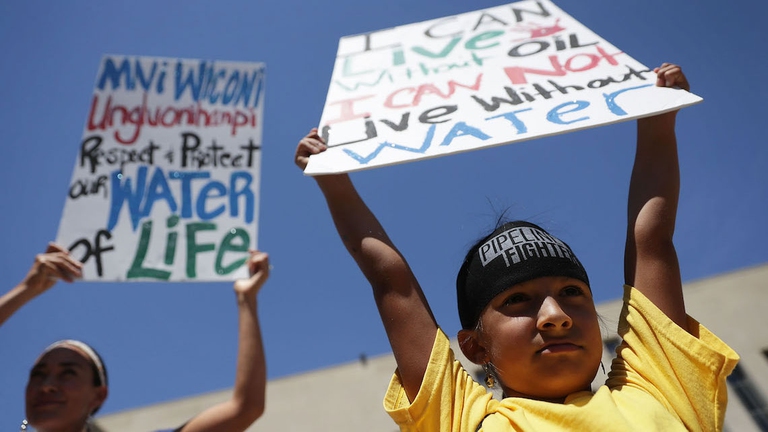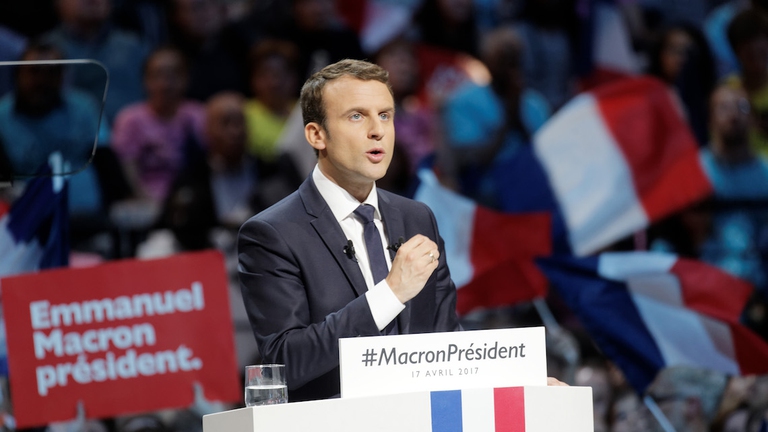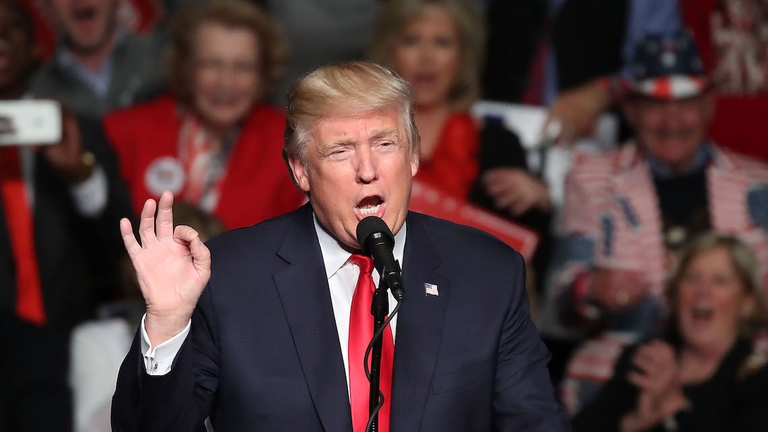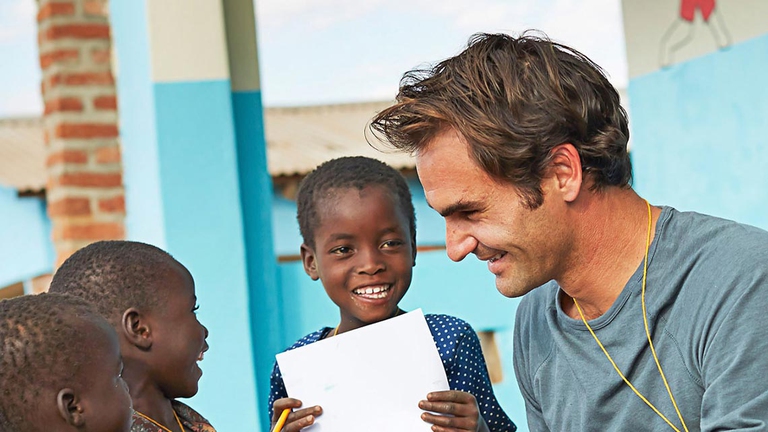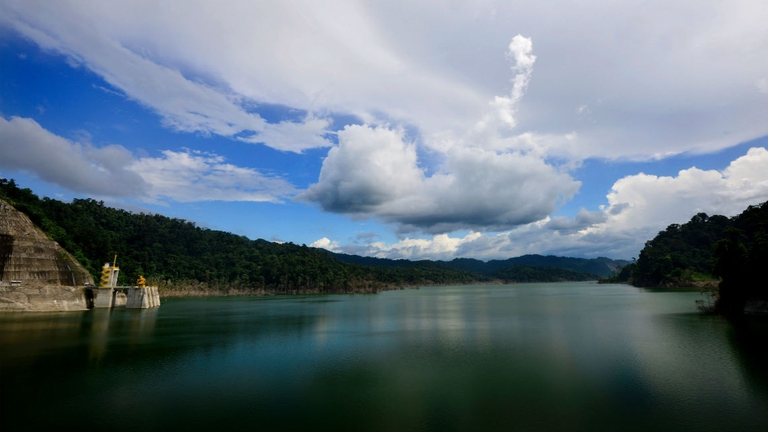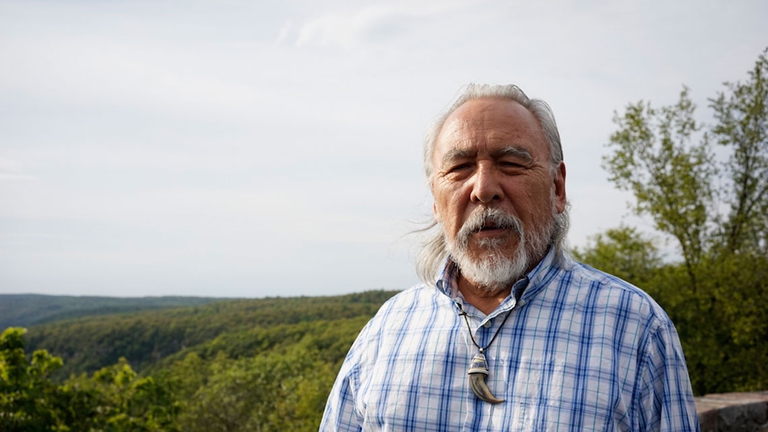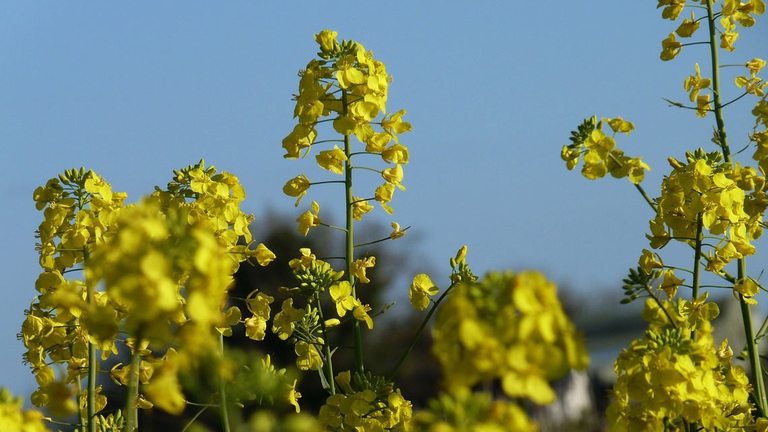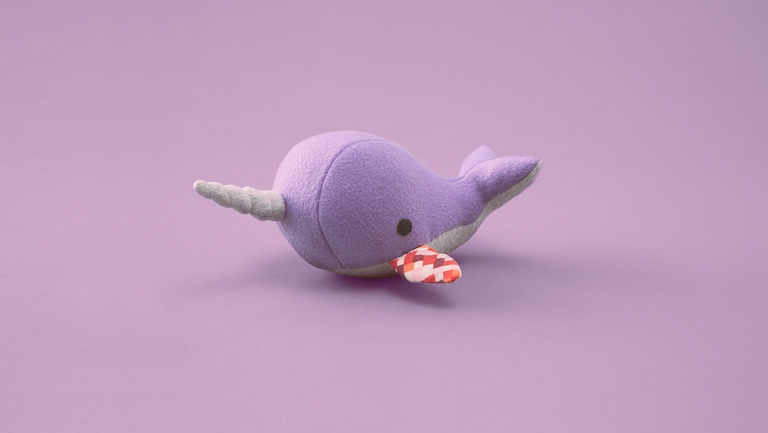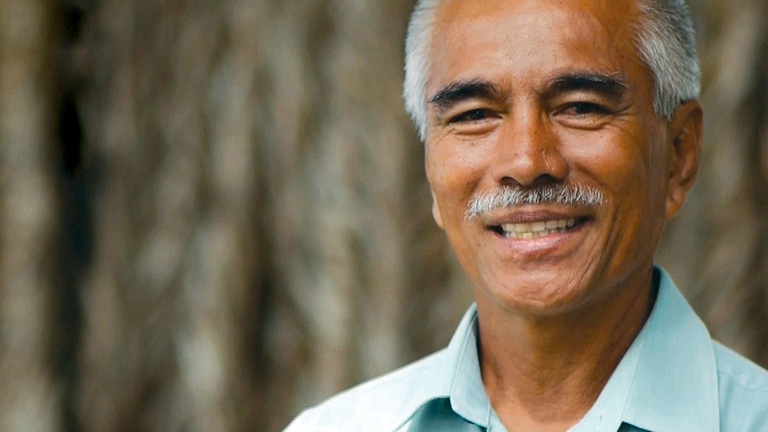
A group of experts in Tokyo suggested pouring radioactive water from Fukushima into the open sea. A marine biochemist explains the consequences of this absurd decision.
These are the top news stories of 2017 and the people who have most left a mark on a year that has been intense yet also rewarding from the point of view of social and environmental sustainability.
Not everyone would agree on what the top news stories of 2017 are, and who has most left their mark on this year. We’ve selected the people and news stories that for us most characterise these intense past 12 months in terms of the struggle for a more just and balanced world for nature and its inhabitants. What’s changed in 2017 is that most of the news stories we’ve chosen for their importance from the point of view of social and environmental sustainability have echoed throughout international media. Because these topics are increasingly close to everyone, whether out of necessity or ethics.
January – The Chinese government announced it would ban ivory trade and processing by the end of 2017. The historic move puts an end to the world’s biggest ivory market and aims to save African elephants from poaching. Up to 70 per cent of the trafficked ivory ends up in China. Read the full story here.
February – Phil Robertson of Human Rights Watch said that ethnic cleansing was pursued against Rohingya Muslims. And Aung San Suu Kyi also had responsibility. Read the full story here.
March – Many investors urged banks financing the Dakota Access Pipeline, an underground oil pipeline project in the United States, to either support rerouting the pipeline or divesting from it. So the hot potato was in their hands. Read the full story here.
April – Emmanuel Macron presented himself as an “anti-system candidate”, despite his past as an investment banker and government minister. Who he is and what he proposes for France. Read the full story here.
June – The United States of America withdrew from the Paris Agreement as President Donald Trump had announced in his electoral campaign. Trump said the agreement “put the United States in a very, very big economic disadvantage.” The decision met with harsh criticism from leaders all over the world. Read the full story here.
June – Roger Federer isn’t just the best tennis player in history. He’s the president and the face of the foundation he founded back in 2003. Read the full story here.
August – Overshoot Day marks the point when humanity has used up the Earth’s resources for a year. And the date comes earlier and earlier every year: in 2017 it was on the 2nd of August. If we continue like this, we’ll need another planet to satisfy our greed. Read the full story here.
October – We talked to Angaangaq Angakkorsuaq, an Eskimo Elder and shaman from Greenland, about the spiritual significance of climate change: “You have a beautiful spirit and you’re worth doing something for”. Read the full story here.
October – The fraud and corruption witnessed in the illegal introduction of Bt cotton in India were repeated with GM mustard. Farmers and biodiversity were sacrificed for Monsanto’s profits. The editorial by Vandana Shiva, scientist, ecologist, activist and founder of Navdanya. Read it here.
November – European countries reached an agreement and voted to renew the license to use glyphosate for five more years. It is the world’s most used herbicide and the primary ingredient in the product Roundup, synthetized by agrochemical giant Monsanto. The original proposal of the European Commission was a 10-year renewal, until 2027. Read the full story here.
December – Refusing the anthropocentric vision and respecting the laws of ecology is the only way to safeguard the future of our and all other species. The editorial by Paul Watson, President of Sea Shepherd. Read it here.
December – Saving humanity’s future is possible according to Anote Tong, former president of Kiribati and now environmental activist. Not only is the climate’s future at stake, but so is a whole generation of young people who have done nothing wrong. Take a grandfather’s word for it. Read the full story here.
Siamo anche su WhatsApp. Segui il canale ufficiale LifeGate per restare aggiornata, aggiornato sulle ultime notizie e sulle nostre attività.
![]()
Quest'opera è distribuita con Licenza Creative Commons Attribuzione - Non commerciale - Non opere derivate 4.0 Internazionale.
A group of experts in Tokyo suggested pouring radioactive water from Fukushima into the open sea. A marine biochemist explains the consequences of this absurd decision.
The decline in grey and humpback whales in the Pacific and Atlantic Oceans has been traced to food shortages caused by rising ocean temperatures.
The United Nations has launched a major international alliance for ocean science, undertaking a mission close to all our hearts.
The cargo ship that ran aground off the coast of Mauritius on 25 July, causing incalculable damage, has split in two and its captain has been arrested.
The largest coral reef in the world is severely threatened by climate change, but researchers are developing strategies that could contribute to saving the Great Barrier Reef.
Seychelles have extended its marine protected area, which now covers over 400,000 square kilometres, an area larger than Germany.
Norwegian oil giant Equinor had pulled out of drilling for oil in the Great Australian Bight, one of the country’s most uncontaminated areas. A victory for activists and surfers who are now campaigning for the area to be protected forever.
30 per cent of the planet needs to be protected to stop precipitous species decline. The UN has set out its aims for the the COP15 on biodiversity scheduled for Kunming, China in October.
Ocean warming has risen to record highs over the last five years: just in 2019 the heat released into the world’s oceans was equivalent to that of 5-6 atomic bombs per second. The culprit, no doubt, is climate change.
